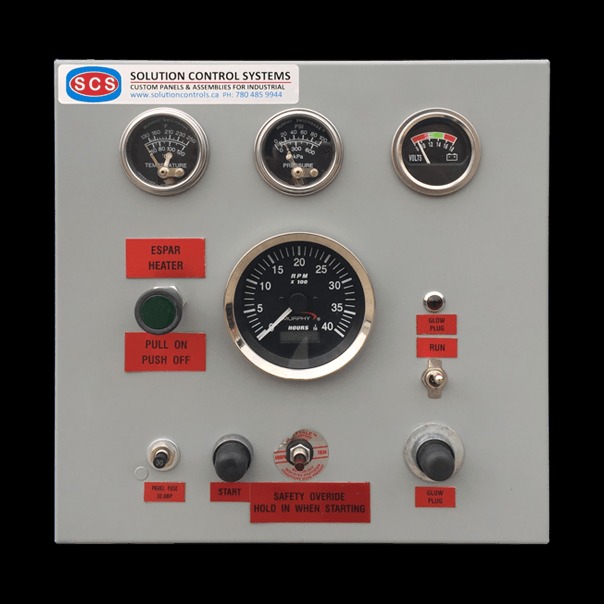Understanding the Power of Instrumentation Panels in Industrial Automation

Instrumentation panels play a pivotal role in industrial automation, serving as the central hub for monitoring and controlling various processes and equipment within a facility. These panels, often called control panels, are designed to ensure seamless operation, enhance efficiency, and improve safety in industrial settings. In this guest post, we’ll delve into the power of instrumentation panels in industrial automation and discuss the crucial role of control panel manufacturers in this domain.
What are Instrumentation Panels?
Instrumentation or control panels are specialized enclosures comprising various instruments and control devices essential for monitoring and regulating industrial processes. These panels play a pivotal role in industrial automation by giving operators centralized control over machinery, equipment, and processes.
The Role of Instrumentation Panels in Industrial Automation
Instrumentation panels act as the command hub for industrial automation systems, facilitating real-time monitoring, data acquisition, and process control. They enable operators to visualize process variables, such as temperature, pressure, flow rate, and level, and make informed decisions to optimize production efficiency and ensure product quality.
Key Components of Instrumentation Panels
Instrumentation panels typically incorporate a range of components, including:
- Sensors and Transmitters: These devices measure various process parameters and convert them into electrical signals for further processing.
- Programmable Logic Controllers (PLCs): PLCs serve as the brains of the automation system, executing control algorithms and coordinating the operation of actuators based on input from sensors.
- Human-Machine Interface (HMI) Displays: HMIs provide operators with a user-friendly interface to interact with the automation system, displaying real-time data, alarms, and status information.
- Control Devices: These include switches, relays, valves, and actuators, which are used to manipulate the operation of machinery and equipment based on control signals generated by the PLC.
Benefits of Instrumentation Panels in Industrial Automation
The deployment of instrumentation panels offers several benefits in industrial automation:
- Enhanced Efficiency: Instrumentation panels streamline operations, minimize manual intervention, and optimize resource utilization by centralizing control and automation functions, increasing productivity and efficiency.
- Improved Quality and Consistency: Automation ensures precise control over process variables, resulting in consistent product quality and reduced variability in manufacturing processes.
- Enhanced Safety: Instrumentation panels incorporate safety features such as emergency stop buttons, interlocks, and alarms to safeguard personnel and equipment from potential hazards.
- Remote Monitoring and Control: Instrumentation panels integrate advanced communication technologies to enable remote monitoring and control of industrial processes, allowing operators to oversee operations at any time.
Choosing the Right Instrumentation Panel Manufacturer
Selecting a reputable control panel manufacturer is paramount to ensuring the reliability and performance of instrumentation panels. When evaluating control panel manufacturers, consider the following factors:
- Experience and Expertise: Look for manufacturers with extensive experience designing and manufacturing instrumentation panels for diverse industrial applications.
- Quality and Compliance: Ensure the manufacturer adheres to stringent quality and regulatory requirements to deliver panels that meet industry standards and specifications.
- Customization Capabilities: Choose a manufacturer capable of customizing instrumentation panels to suit your specific requirements, including size, configuration, and functionality.
- Technical Support and Service: Opt for a manufacturer that offers comprehensive technical support, training, and after-sales service to address any issues and ensure the optimal performance of instrumentation panels.
Instrumentation panels are essential for industrial automation, offering centralized control and monitoring functionalities that significantly boost efficiency, safety, and performance. Within this crucial domain, control panel manufacturers assume an important role, utilizing their specialized knowledge to craft tailored solutions that precisely align with the specific needs of industrial processes. Harnessing the capabilities of instrumentation panels and the expertise of control panel manufacturers, industrial automation remains at the forefront of driving innovation and advancing progress across diverse industries.









